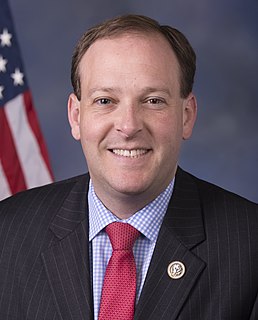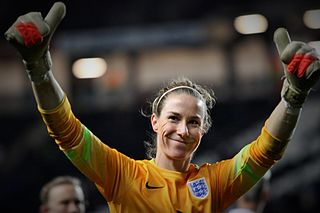A Quote by Elliot Ackerman
My war buddies, some were Americans, but some were Afghans. These were the guys that I fought alongside. We bled alongside each other; we mourned together. When I came home, these weren't people I could keep up with on Facebook.
Related Quotes
I want the marginality to come into the center. This is the thing I was conscious of growing up, when I later lived in England. I saw all these war movies that came out shortly after the war, and they were all about the war being fought by Englishmen or Americans, there were no other "allies" in it - from India or Australia, etc.
Saving Italy is an astonishing account of a little known American effort to save Italy’s vast store of priceless monuments and art during World War II. While American warriors were fighting the length of the country, other Americans were courageously working alongside to preserve the irreplaceable best of Italy’s culture. Read it and be proud of those who were on their own front lines of a cruel war.
They were so much alike and they become best friends. It was a wonderful relationship. They respected each other, and they never put each other down. With every step they took together, they were happy. There was no envy or jealousy; there was no control, there was no possessiveness. Their relationship kept growing and growing. They loved to be together because when they were together, they had alot of fun. When they were not together, they missed each other.
We probably haven't seen the variety and diversity of threats to Americans' safety and well-being and our national security in a long, long time. Some have said it almost makes you yearn for the Cold War days when you knew who the bad guys were and who the good guys were, and there was a wall dividing us.
The advertising men made it clear that there were two ways of looking at ideas in a war against fascism. Those of us who were working on the project believed ideas were to be fought for; the advertising men believed they were to be sold. The audience, those at home in wartime, were not 'citizens' or 'people.' They were 'customers.'
We thought that the odds of things working OK were up in the upper 90 percent or we wouldn't have gone. But the - there were some problems cropped up on the flight but was able to take care of those OK and - although they were things that we hadn't really trained that much for. But it was the time of the Cold War and so there were was a lot of pressure on the - to get going and the Russians were claiming that they were - Soviets were claiming they were ahead of us in technology.
There were some coaches, some teammates, some sports psychology people who I could trust and rely on. They were very important to keep me focused on the right things - the things which would be beneficial to me instead of catastrophising things and worrying about things which were not in my control.



































